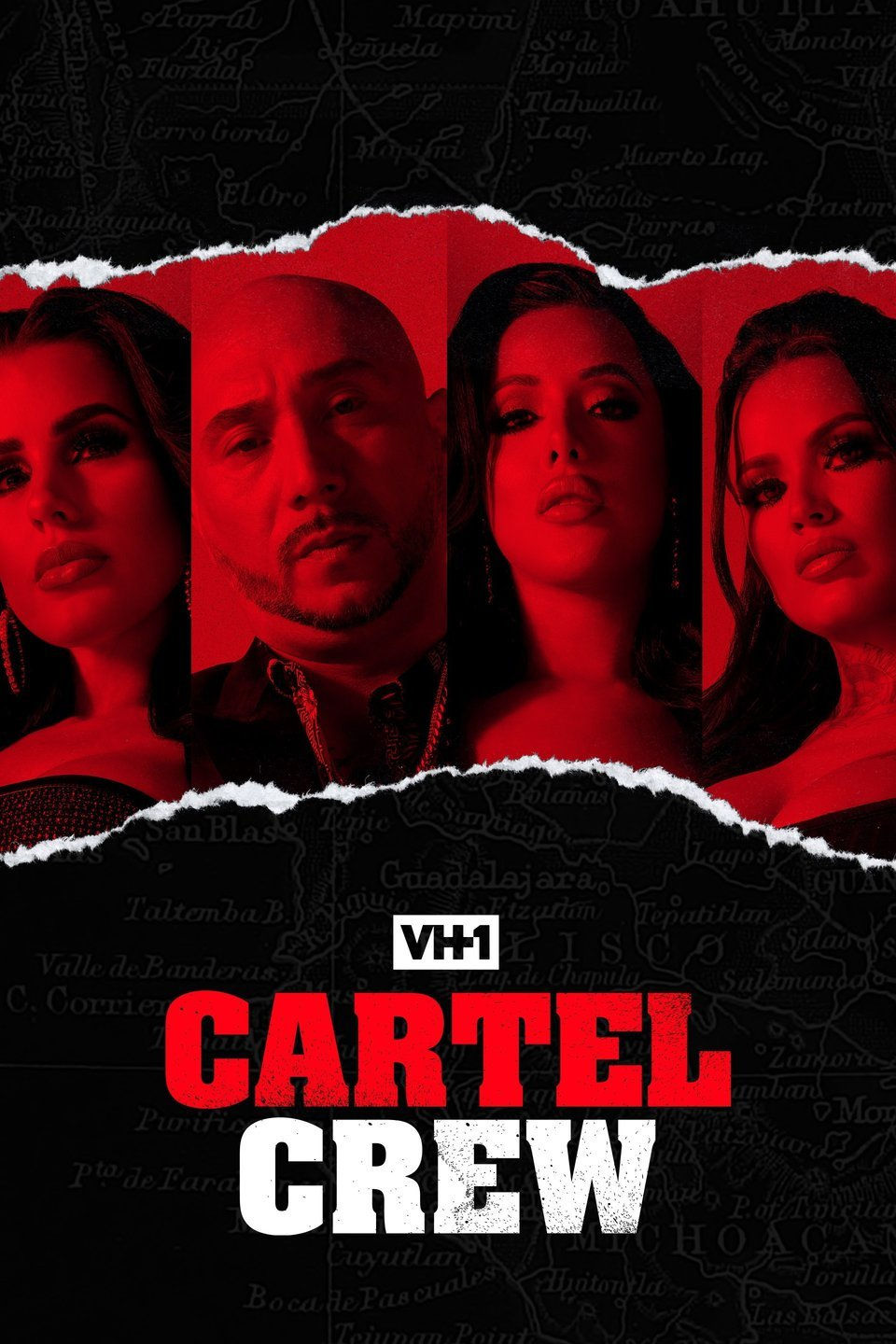The Portrayal of Black Women in the Media
- cwomack

- Apr 18, 2020
- 3 min read
Updated: Apr 25, 2020
Moriah’s presentation of The Portrayal of Black Women in the Media birthed a good discussion and tales of the stereotypes that have marred the reputation of Black women. We even see these stereotypes in the media. The first stereotype I took notice of was the “Mammy” trope. Mammy is a big black asexual woman. She takes pleasure in taking care of typically white families which is not necessarily true. My first encounter with this type of stereotype was seeing it in the movies. Can you guess which series? (insert drum roll) Yes, Tyler Perry’s Madea movies. When I would watch his movies, I wasn’t even aware of the damage that he is doing to Black women by creating this character and giving her a platform.
Some people may say “At least it’s a black man playing the character and not a white man." , that actually makes it worse. It’s worse because as Black man, he should be uplifting and protecting Black women but he chose to capitalize off a stereotype. He has even named of one of his movies, Diary of a Mad Black Woman, which contains the name of a stereotype of black women. Another example of the stereotype of the “Mad Black Woman” being placed upon a black woman was Serena Williams. She had gotten heated in tennis match she was losing and yelled at the referee for an apology due to him nitpicking her the whole match. The media took that incident and turned it into the ugliest thing. Racist caricatures were drawn of her with the description of her throwing a temper tantrum. If it would’ve been a white woman, people would’ve sympathized with her. This stereotype is always in the back of my mind when I’m having conversations with my white classmates about social issues. I find myself monitoring the level of my voice, so I don’t come off as aggressive.

Another stereotype I believe affects Black girls from a young age is the Jezebel stereotype. Jezebel is a Black woman who is oversexualized, aggressive and sexually promiscuous. She uses her sexuality to get what she wants. The part that I think affects young Black girls is oversexualization. I remember seeing posts of toddlers in a halter bathing suit and people will comment on how grown she looks in the outfit. Another example is when a girl about the age of seven got her hair straightened and people again voiced that she looked way too grown. Although when little white girls wear and do those exact same things, it’s no problem.
When I was writing the definition of “Jezebel” and began to think on it, it dawned upon me that a lot of female rappers uplift this trope in their music. Their lyrics speak on how they can manipulate men when having sex with them.

This stereotype was also highly visible in the movie Players Club. This stereotype reminds me of the saying: “You got to use what you got, to get what you want.” In the movie, there was Ronnie, the stripper who ran the club, who hurt anybody she need to in order to make enough money to sustain herself.
Hopefully, these stereotypes can be debunked and when Black women are cast in different roles in the media, they can be given more dimensions. By dimensions I mean, a Black girl who likes rock over hip-hop, Broadway productions over rap concerts, and have a diverse group of friends. I know for me when I write movie scripts, I make sure to give my lead Black woman many diverse hobbies and characteristics. I hope one day I’m able to produce a series and show the world different dynamics of Black women. We are smart, intelligent, beautiful and loved.



Comments